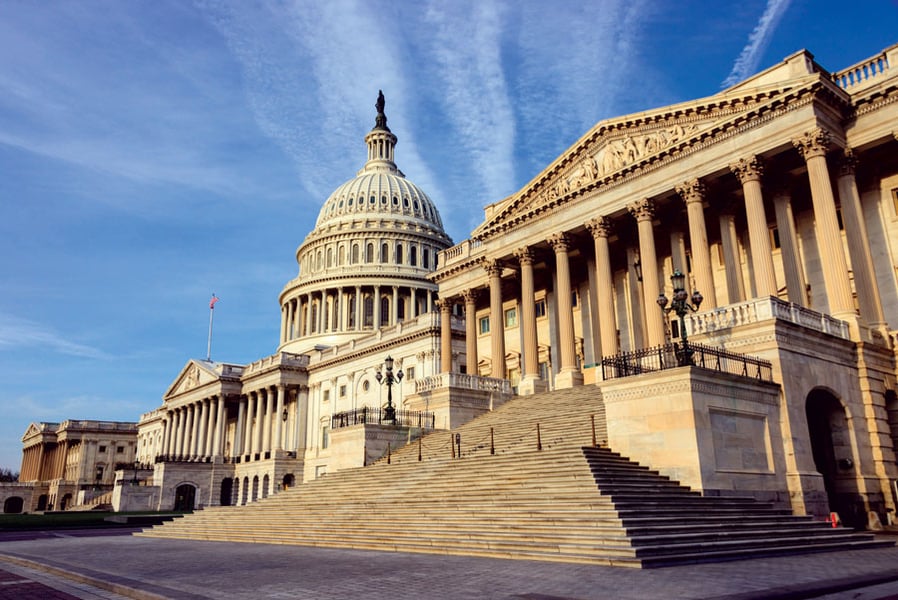

Several Senators on Friday introduced a bill that would let 403(b) plans participate in MEPs, part of a wider push by Congress to allow nonprofits into pooled retirement plans.
Along with permitting 403(b)s to participate in multiple-employer plans, the Improving Access to Retirement Savings Act would also allow small businesses to claim a start-up credit for the first three years as part of MEPs. The legislation also seeks to provide a 9.5-month grace period for correcting errors associated with automatic enrollment and contribution escalation, the senators noted in their announcement of the bill.
The legislation is sponsored by Sens. Chuck Grassley, R.-Iowa; Maggie Hassan, D-N.H.; and James Lankford, R-Okla. In their announcement, the senators cited the success of the SECURE Act and noted that the bill would add to it by further expanding access to retirement savings plans at work.
Unlike 401(k)s, 403(b) plans in most cases are not allowed to have MEPs structures.
“We’re very excited to see this bill filed in the Senate. It ties in nicely with proposed legislation in the House Ways & Means Committee that builds on the features of last year’s Secure Act,” said Terry Power, president of The Platinum 401k, in an email. “The massive fiduciary offload that is available under these types of programs — apart from potential cost savings — should draw a lot of interest from plan sponsors in that sector. It’s truly a game-changer.”
The new bill has support from several industry lobbying groups, including the American Benefits Council, American Retirement Association, Insured Retirement Institute, American Council of Life Insurers and ERISA Industry Committee, the announced noted.
The SECURE Act sought to further promote access on the 401(k) side by allowing pooled employer plans, or PEPs. The first such plans are set to launch Jan. 1, and unlike traditional MEPs, PEPs do not require any commonalities between participating employers. That detail could lead PEPs to become popular among small businesses, especially those that do not currently offer retirement plans for their workers.
However, some advisers and retirement service firms have cited an opportunity for PEPs to attract assets from existing retirement plans, in cases in which the plan sponsors want to reduce their fiduciary liabilities or cut down the responsibilities they have associated with a plan.
But the PEPs structure would likely have even more of a draw for nonprofits, which are leery of litigation by plaintiff’s law firms over retirement plans.
In October, Rep. Ron Kind, D-Wis., introduced a bill that would let 403(b)s participate in PEPs.

Executives from LPL Financial, Cresset Partners hired for key roles.

Geopolitical tension has been managed well by the markets.

December cut is still a possiblity.

Canada, China among nations to react to president-elect's comments.

For several years, Leech allegedly favored some clients in trade allocations, at the cost of others, amounting to $600 million, according to the Department of Justice.
Streamline your outreach with Aidentified's AI-driven solutions
This season’s market volatility: Positioning for rate relief, income growth and the AI rebound
